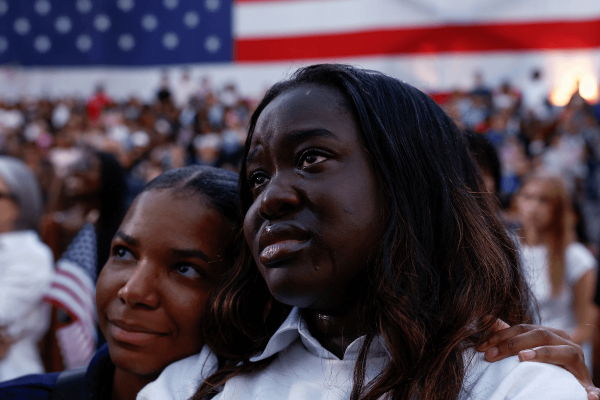Nov 7, 2024
Concession speeches can reveal a glimpse of a politician’s soul, a rare look behind a curated facade. All they have poured their life into, with boundless ambition, hope, and relentless energy, has been lost. They are laid bare, vulnerable. And their words now don’t have to be calculated or pretested by a focus group.
Read the Full Article

Already a subscriber? Login
